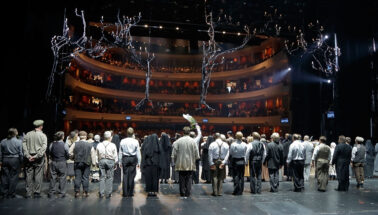Director Yoshi Oïda on Madama Butterfly
”When Americans came to Japan at the end of the second world war in 1945, I was 13 years old. Those prostitutes who would mingle with the soldiers in Kobe had beautiful clothes, chocolate, chewing gum and other luxuries. Some got married and moved to America. We used to look up to everything American. They were supposed to teach us democracy, too, but while the American social system was horizontal and flexible, the Japanese was vertical and rigid. Their attitude to religion was considerably more relaxed than ours, too.”
”I only developed an interest in opera when I was 65, when I was to direct Benjamin Britten’s opera Curlew River. I didn’t spare a thought on Madama Butterfly until I’d directed almost 20 operas. I was already nearing my 80th birthday and the end of my career. But I’m not thinking about ending it, not at all.”
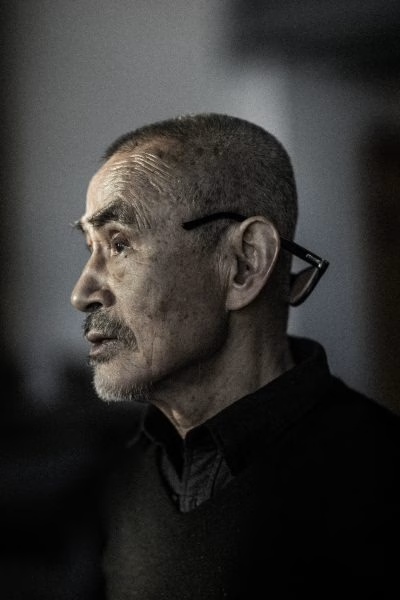
”We used to look up to everything American. They were supposed to teach us democracy, too, but while the American social system was horizontal and flexible, the Japanese was vertical and rigid.”
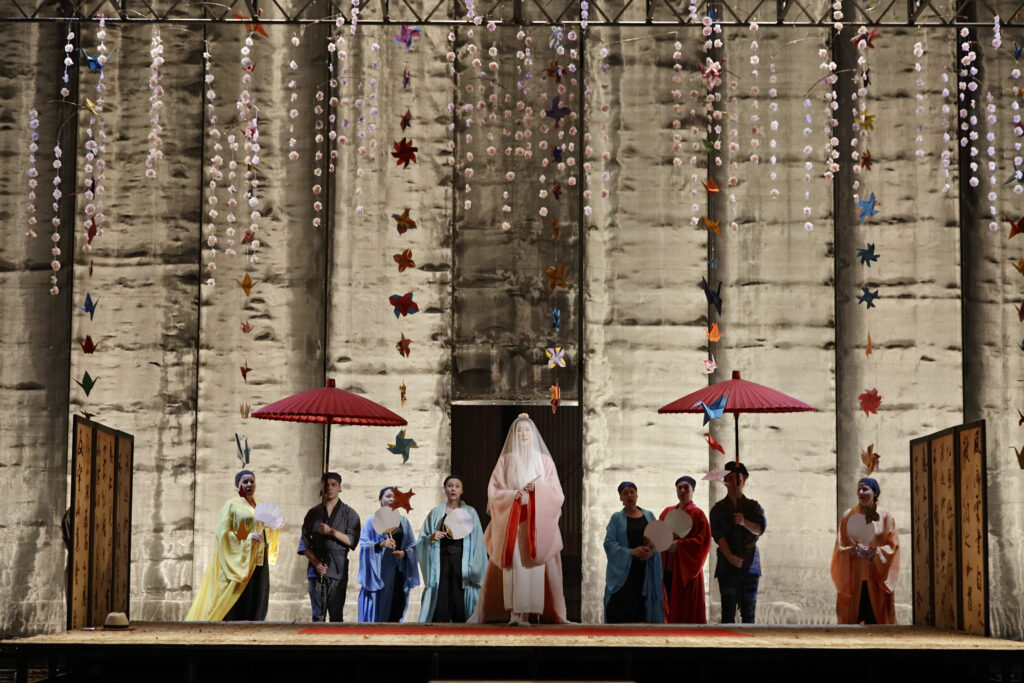
”Directing an opera means leaving space for the music to soar, fulfilling the wishes of the composer. The direction, the set, the costumes – all those only exist to support the music and the singers, who should not be part of the set.”
”I once asked Peter Brook: could you define the secret of a good director in one word. His answer was ´patience´. I have always tried to follow that advice. You mustn’t get excited, lose your temper, or panic. Peter also lives in Paris and we still meet up every now and then. Even though I’m old now, he’s even older, and I continue being his student. It’s miraculous!”
”I only know it when I sit in the audience at the premiere: this is how it’s supposed to be. The creative process is not about adding more, but about removing, peeling away; creating something new is an ongoing process.”
Madama Butterfly in the Finnish National Opera 2.–29.11.2023.
Recommended for you
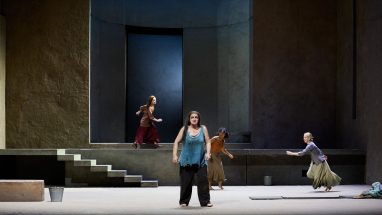
The perfect revenge?

Tosca – perfectly built, well made piece, but full of rough edges
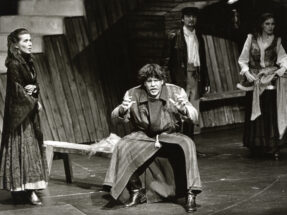
A man from a dream
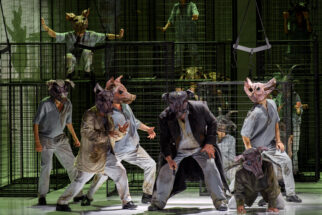
”Opera should be full of life”
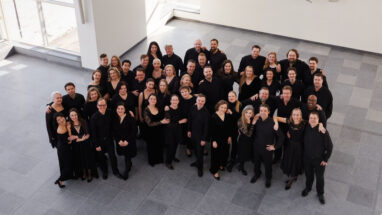
The Chorus Singers’ Association was founded 80 years ago
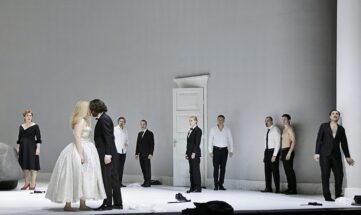
An intimacy choreographer helps create a safe working environment

“Strauss’s music reveals Salome’s innocence”
